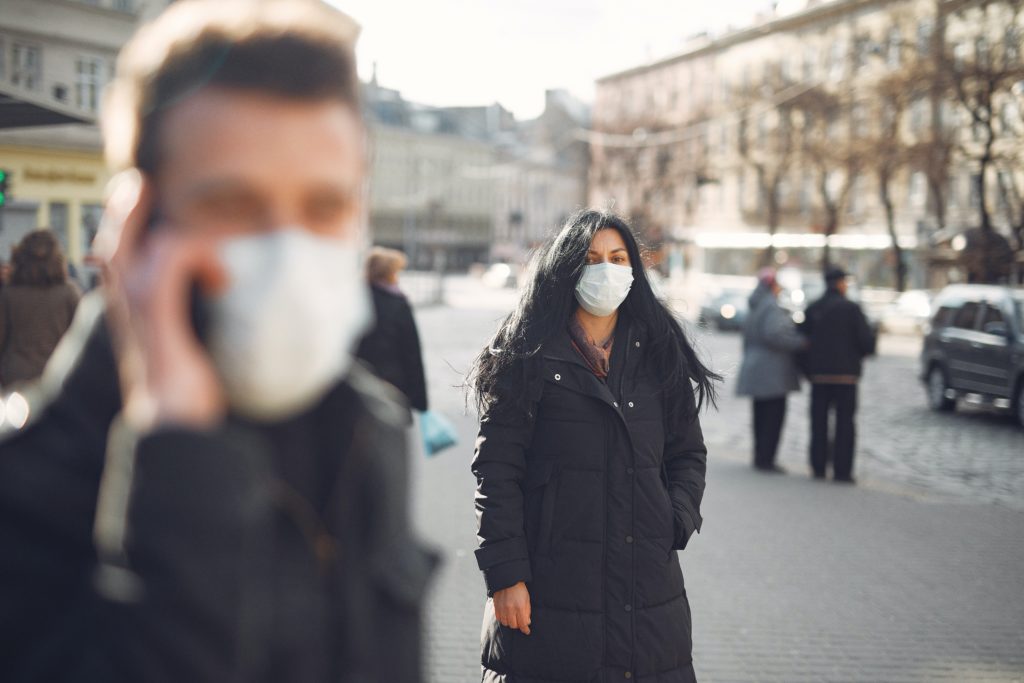
As a finalist, I thought I knew by now what to expect from the Cambridge year. However, this year promises to be unprecedented for not only students but also lecturers, supervisors and every member of the University workforce.
With the Freshers’ and Sports Fairs online, it is clear that student life will be lacking in many aspects – and not just the Domino’s we realistically all rush to the Freshers’ Fair for. But it is important to appreciate that high-risk and international students may be significantly affected by a resurgence of cases, especially if restrictions tighten throughout this year.
In early September, police had to break up a 300-person rave in Midlothian.
The recent surge in COVID-19 cases has largely been attributed to young people (18-35). Illegal parties and gatherings have been widely reported in the media. In early September, the Edinburgh News reported that police had to break up a 300-person rave in Midlothian, Scotland.
Cambridge has had a consistently low rate of COVID, never exceeding 12 cases in a day. So, if the number of cases rises upon the return of students, we will likely be to blame and the police or University may well introduce stricter regulations.
Whilst Cambridge University is likely to find it easier than others to enforce its COVID-19 policies due to its collegiate structure, there is still a great deal of concern for students who are high-risk, international or wish to visit their elderly or vulnerable relatives, as well as for academics who are typically older. The University and College Union (UCU) has already stated that universities unable to show they are a safe working environment may suffer strikes among academics.

The University has continued a steady stream of announcements detailing their COVID plan, including online lectures and weekly COVID tests for those in college accommodation, including those that are asymptomatic. Whilst the testing of people showing no symptoms is not under the Government’s national guidance, this program is part of the University’s ‘Stay Safe Cambridge Uni’ public health initiative.
Colleges have also released strict guidelines on how college life will change. Churchill College has released their implementation plans to tackle the virus in agreement with the Government’s guidelines on social distancing, including the closure of the gym, booking slots for hall and a socially distanced library. They are also protecting high-risk students on a primarily individual basis, in which there is a conversation between the student, their doctor and the College to decide upon any additional precautions that should take place.
On top of these high-risk students, there are also people with moderate health conditions, such as asthma and diabetes, who have an increased risk of illness and, as a consequence, may lose study time to the virus.
Whilst it is true that vulnerable students do have a responsibility to protect themselves, there should be a concerted effort by the whole student community to protect the cohort.
Students who suffer from mental health issues may struggle if social contact is limited further. In a 2013 Tab survey, nearly half of all Cambridge respondents reported suffering from depression.
International students would be placed in a precarious situation by a local lockdown. Students would be forced to balance whether to go home during term time or risk not being able to return by the holidays.
The impact of any further lockdowns could be much larger than many of us expect.
On the backdrop of this, it is unfortunate that a large proportion of healthy students are expected to have a relaxed attitude towards social distancing. Many feel they have the right to make the most out of their university experience and enjoy social gatherings. As, in general, these students have a significantly lower risk of serious illness, many are not worried about catching COVID. Some feel that it is up to those with health issues or vulnerable relatives to take the necessary precautions.
The result of this attitude will likely be an increase in the number of cases in Cambridge. This may lead to further restriction of social interactions and, possibly, a local lockdown. More importantly, it will put students, lecturers, supermarket staff, college employees and other people in and around Cambridge in danger.
Whilst it is true that vulnerable students do have a responsibility to protect themselves, there should be a concerted effort by the whole student community to protect the cohort. By attending large gatherings and ignoring social distancing advice, students are further complicating the lives of others with challenging circumstances who, like them, are just trying to enjoy university and the meagre amount of socialisation that the current pandemic permits.
Whilst for some of us this feels like a mere inconvenience, for others it is a serious health risk and others a barrier to positive mental wellbeing. It is our responsibility as individuals to do the best we can for each other.
